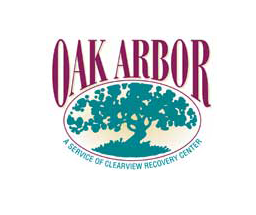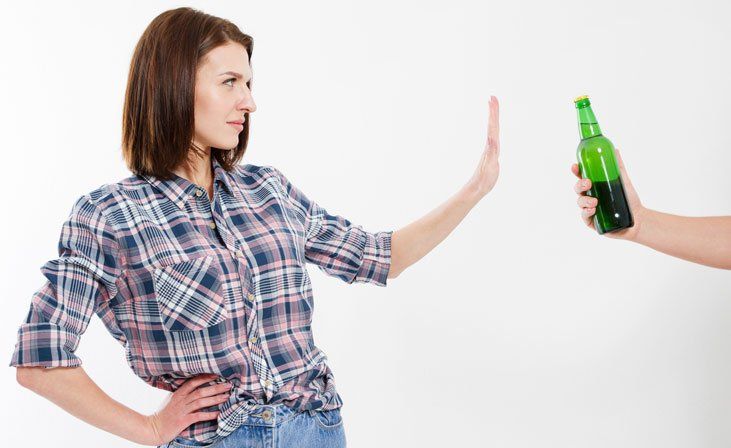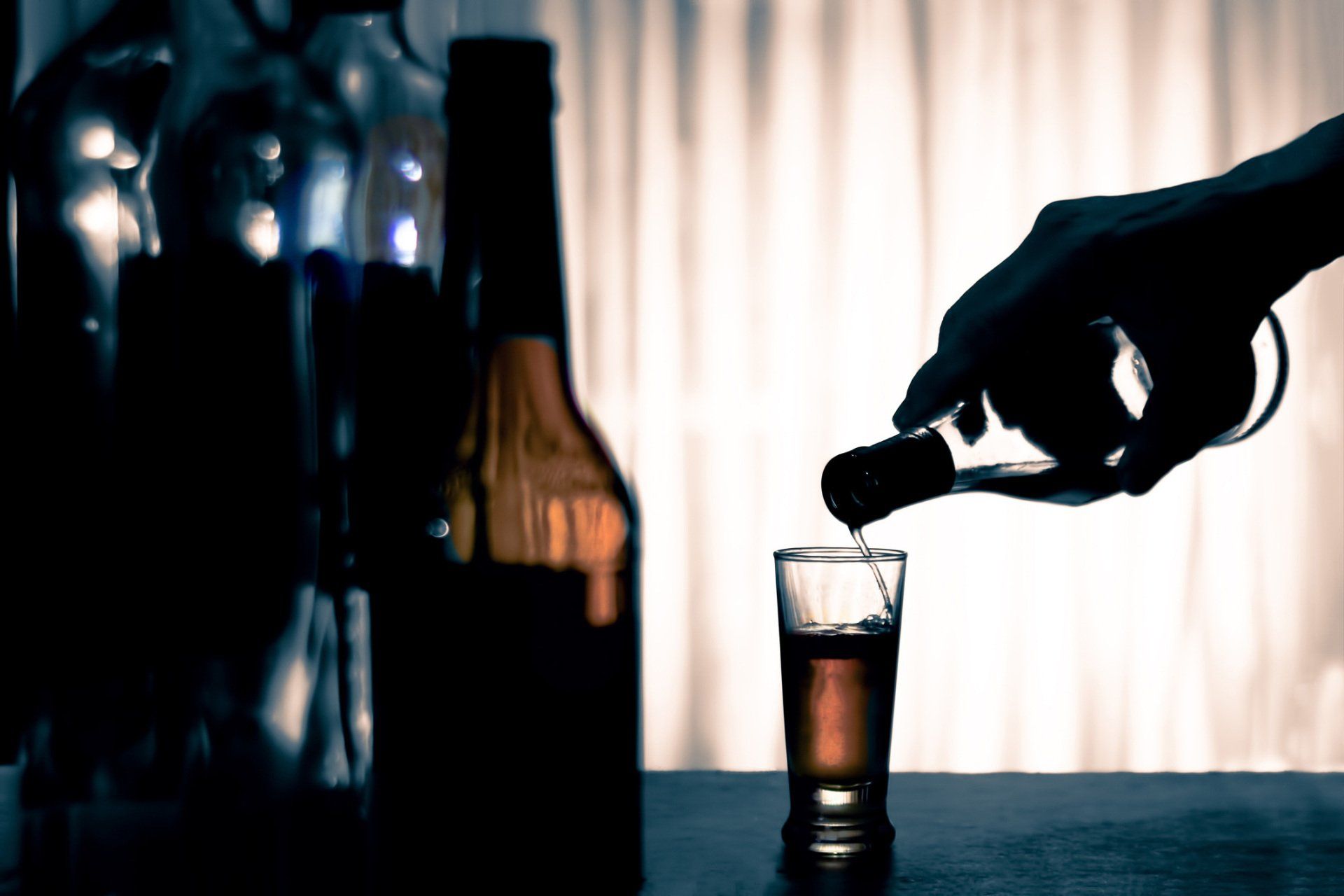How Depressive And Addictive Disorders Are Connected
- By Admin
- •
- 21 Mar, 2018
- •

For some people, addiction and depression go hand in hand. Like drug and alcohol dependence, depression is a serious mental disorder that can wreak havoc on your life. To make matters worse, many individuals who suffer depressive disorders use drugs and/or alcohol to self-medicate as a way to stop the emotional pain they are feeling.
But what often happens is that individuals get caught on a merry-go-round where addiction makes depression worse. Depression may then increase a person's reliance on chemical substances to relieve physical and emotional pain. However, treating one of these disorders does not automatically get rid of the other. Treatment programs require treating both disorders together.
About Major Depression
When individuals suffer from a mood disorder like depression, it takes a medical team experienced in treating this common, yet serious, mental disorder to create an effective treatment plan. Reports indicate an estimated 20 percent of Americans who have a mood disorder, such as depression, also have a drinking or drug problem. The positive news is the earlier treatment begins, the more effective it is.
Clinical depression, also known as major depression, is characterized by symptoms such as anxiety, general irritability, feelings of worthlessness, lack of interest in former activities, and thoughts of suicide. Some people have trouble concentrating and suffer decreased appetite and loss of energy. Others complain of physical aches and pains or problems sleeping. Still other individuals experience hostility and anger.
About Alcohol and/or Drug Addiction
Although depression sometimes occurs before an alcohol or drug problem, alcohol is a depressant that can make an already down mood sink even lower. Depression doesn't necessarily drive everyone to drink, but for those who use alcohol and drugs as self-medication, it can become a regular habit.
Signs of alcohol and/or drug addiction include drinking or taking a drug to feel better but feeling remorse afterward. Often, an individual may eventually need more alcohol or drugs to get the same calming effect.
Withdrawal is another warning sign of addiction. If you try to cut down on the amount of alcohol you drink or drugs you use, you can become agitated and nervous, and may experience nausea, tremors, or other physical discomfort.
Treatment of Coexisting Mental Health Disorders
It isn't easy to recover from either depression or substance abuse. Each is a complex mental disorder and requires a treatment plan that focuses on recovery from both.
Treatment for a multiple diagnosis of depression and addiction generally begins with helping the individual understand the nature of depression and then recognizing the presence of an addiction problem. Detoxing from drugs or alcohol is the next step and a process that is often physically painful.
Along with counseling and the support and encouragement of family members and peers, medication therapy for depression and treating substance abuse is frequently a crucial element of treatment.
Depression
Antidepressants are medications that balance chemicals in the brain to reduce symptoms of depression. There are several classes of antidepressants; therefore, if one medication doesn't work, another class of antidepressant may.
Alcoholism
Sometimes medications are used to help individuals in their recovery from alcoholism. Some drugs help reduce the craving for alcohol. Other medicines act as a deterrent, as they make a person sick if they drink alcohol.
Drug Addiction
Drug treatment programs, particularly for opioid addiction, may include the use of medications. Similar to antidepressants, medications prescribed in drug treatment programs help balance brain chemicals. Some reduce drug cravings or block the euphoria drugs make you feel.
While health professionals may recommend use of medications to treat depression and addiction disorders, pharmaceutical options are most effective when used in combination with psychological therapies.
If you or someone you know is struggling with depression and addiction, Oak Arbor offers a transitional drug addiction program that includes outpatient and aftercare programs.





